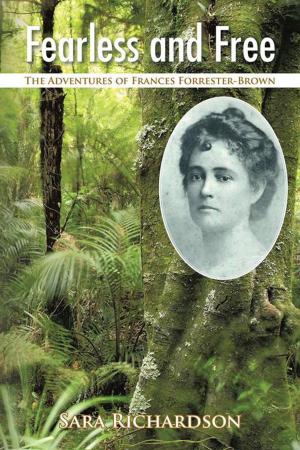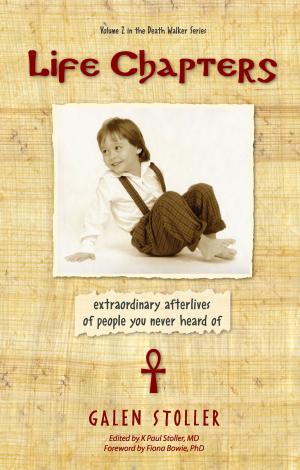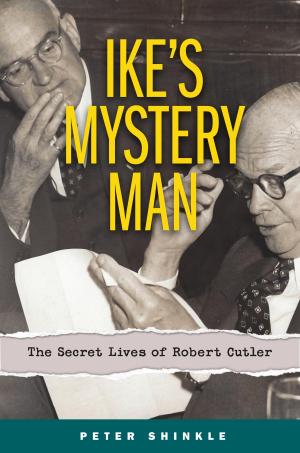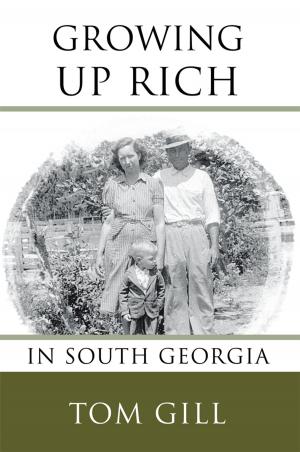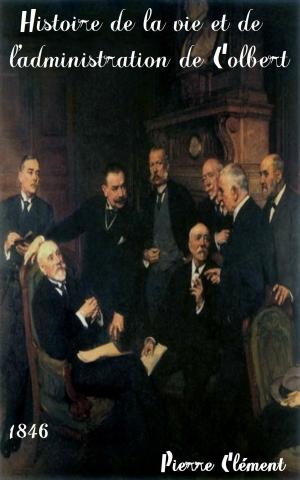| Author: | John Y. Le Bourgeois | ISBN: | 9780985885014 |
| Publisher: | John Y. Le Bourgeois | Publication: | July 27, 2012 |
| Imprint: | Smashwords Edition | Language: | English |
| Author: | John Y. Le Bourgeois |
| ISBN: | 9780985885014 |
| Publisher: | John Y. Le Bourgeois |
| Publication: | July 27, 2012 |
| Imprint: | Smashwords Edition |
| Language: | English |
Francis Villon in his grand poem of the 15th century celebrated mythic but half-remembered ladies of antiquity. In our book we recall a family of real but largely forgotten women in American history. All were descendants of Elizabeth Taylor and Peter Blow. Their lives were full, far-flung and unscripted, emblematic of the nation’s course over five generations.
Our story begins on the eastern shore of Virginia in 1800 and ends on the Pacific coast of California in 1970. It radiates from St. Louis down the Mississippi River to Belmont Plantation near New Orleans. It curls back east to the Genesee Valley in upstate New York and to DuPont Circle in Washington, D.C. It takes us across the Atlantic Ocean to London, Paris, and down to Johannesburg in South Africa, and to Sofia, St. Petersburg and Moscow in eastern Europe.
Our women are mostly fortunate in love, and marry good men. They are motivated. One creates a home for indigent women, another starts the first successful public kindergarten in America, another builds a school to train nurses in the care of infants, another commands a field hospital on the eastern front during World War One, and another helps organize a preservation society.
They all experience prosperity and suffer financial adversity. They battle with disease: cholera, typhus, tuberculosis, yellow and scarlet fevers. They know death, even murder; and they live with slavery and its aftermath. They meet, help, and are encouraged by many people -- some remembered, some not: Dred Scott, Lizzie Keckley, Aunt Rachel, Henry Adams, Henry James, Isadora Duncan, Little Martha, Joseph Chamberlain, Paul Kruger, Baroness Uxkill, the Tsarina Alexandra of Russia, Douglas MacArthur, Mark Twain and Diego Rivera.
Our story is as broad as Walt Whitman and as intense as Emily Dickinson.
Francis Villon in his grand poem of the 15th century celebrated mythic but half-remembered ladies of antiquity. In our book we recall a family of real but largely forgotten women in American history. All were descendants of Elizabeth Taylor and Peter Blow. Their lives were full, far-flung and unscripted, emblematic of the nation’s course over five generations.
Our story begins on the eastern shore of Virginia in 1800 and ends on the Pacific coast of California in 1970. It radiates from St. Louis down the Mississippi River to Belmont Plantation near New Orleans. It curls back east to the Genesee Valley in upstate New York and to DuPont Circle in Washington, D.C. It takes us across the Atlantic Ocean to London, Paris, and down to Johannesburg in South Africa, and to Sofia, St. Petersburg and Moscow in eastern Europe.
Our women are mostly fortunate in love, and marry good men. They are motivated. One creates a home for indigent women, another starts the first successful public kindergarten in America, another builds a school to train nurses in the care of infants, another commands a field hospital on the eastern front during World War One, and another helps organize a preservation society.
They all experience prosperity and suffer financial adversity. They battle with disease: cholera, typhus, tuberculosis, yellow and scarlet fevers. They know death, even murder; and they live with slavery and its aftermath. They meet, help, and are encouraged by many people -- some remembered, some not: Dred Scott, Lizzie Keckley, Aunt Rachel, Henry Adams, Henry James, Isadora Duncan, Little Martha, Joseph Chamberlain, Paul Kruger, Baroness Uxkill, the Tsarina Alexandra of Russia, Douglas MacArthur, Mark Twain and Diego Rivera.
Our story is as broad as Walt Whitman and as intense as Emily Dickinson.

